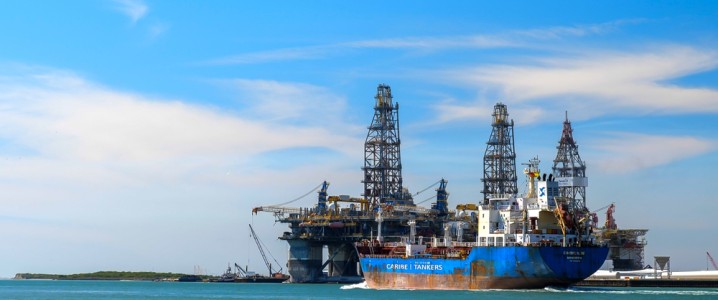
Ghana’s 2026 budget, spearheaded by President John Mahama, places a strong emphasis on revolutionisingthe nation’s energy sector. The ambitious plan aims to deliver more reliable, affordable, and sustainable electricity to both businesses and households, creating a bedrock for economic growth and improved living standards.
This transformation hinges on strategic shifts in fuel sources, increased domestic gas production, and substantial investments in new infrastructure.
A cornerstone of the strategy is the move away from expensive and environmentally impactful light crude oil towards significantly cheaper and cleaner natural gas for power generation. This crucial transition promises to slash electricity production costs by a remarkable 75%. By embracing natural gas, Ghana aims to ease the burden on consumers and businesses alike, fostering a more competitive economic landscape.
To fuel this shift, Ghana is prioritising the maximisation of its domestic gas resources. The budget outlines plans to ramp up gas production from major fields, including the Offshore Cape Three Points (OCTP), Jubilee, and TEN fields. This increased output will be channeled to power homes and factories, effectively stimulating industrial activity and domestic consumption.
Crucially, the additional gas generated is projected to yield approximately 1,200 megawatts of electricity, significantly bolstering the national grid’s capacity. Complementing increased domestic gas production are plans for the construction of vital energy
infrastructure.
The 2026 budget earmarks resources for the commencement of two significant projects: a
second gas processing plant and a new power plant with a capacity of 1,200 megawatts. These investments will further enhance Ghana’s capacity to process and utilise its natural gas resources, ensuring a stable and reliable energy supply for the future.
Beyond gas, the budget also addresses the recent decline in oil and gas production. Following a decrease from 71 million barrels in 2019 to 36 million barrels in 2025, the Mahama-led government is actively seeking to revitalise the sector. A significant boost comes in the form of a projected US$3.5 billion in new investments.
Furthermore, the Ghana National Petroleum Corporation (GNPC) will spearhead exploratory
drilling in the Voltain Basin, a promising new area with the potential to significantly increase Ghana’s oil reserves.
The government recognises that access to electricity is a fundamental right and a critical enabler for socio-economic development. Therefore, the 2026 budget includes provisions for expanding electricity access to underserved rural and urban areas. This ambitious undertaking encompasses a range of solutions, including the implementation of solar energy options. The overarching goal is to achieve universal electricity access by
2029, ensuring that every Ghanaian has the opportunity to benefit from the transformative power of electricity.
In conclusion, Ghana’s 2026 budget presents a comprehensive and forward-looking vision for the energy sector. By prioritising cheaper and cleaner fuel sources, increasing domestic gas production, investing in critical infrastructure, and expanding electricity access, the government aims to create a sustainable and reliable energy ecosystem.
This will not only power economic growth but also improve the quality of life for all Ghanaians, setting the stage for a brighter and more prosperous future.
